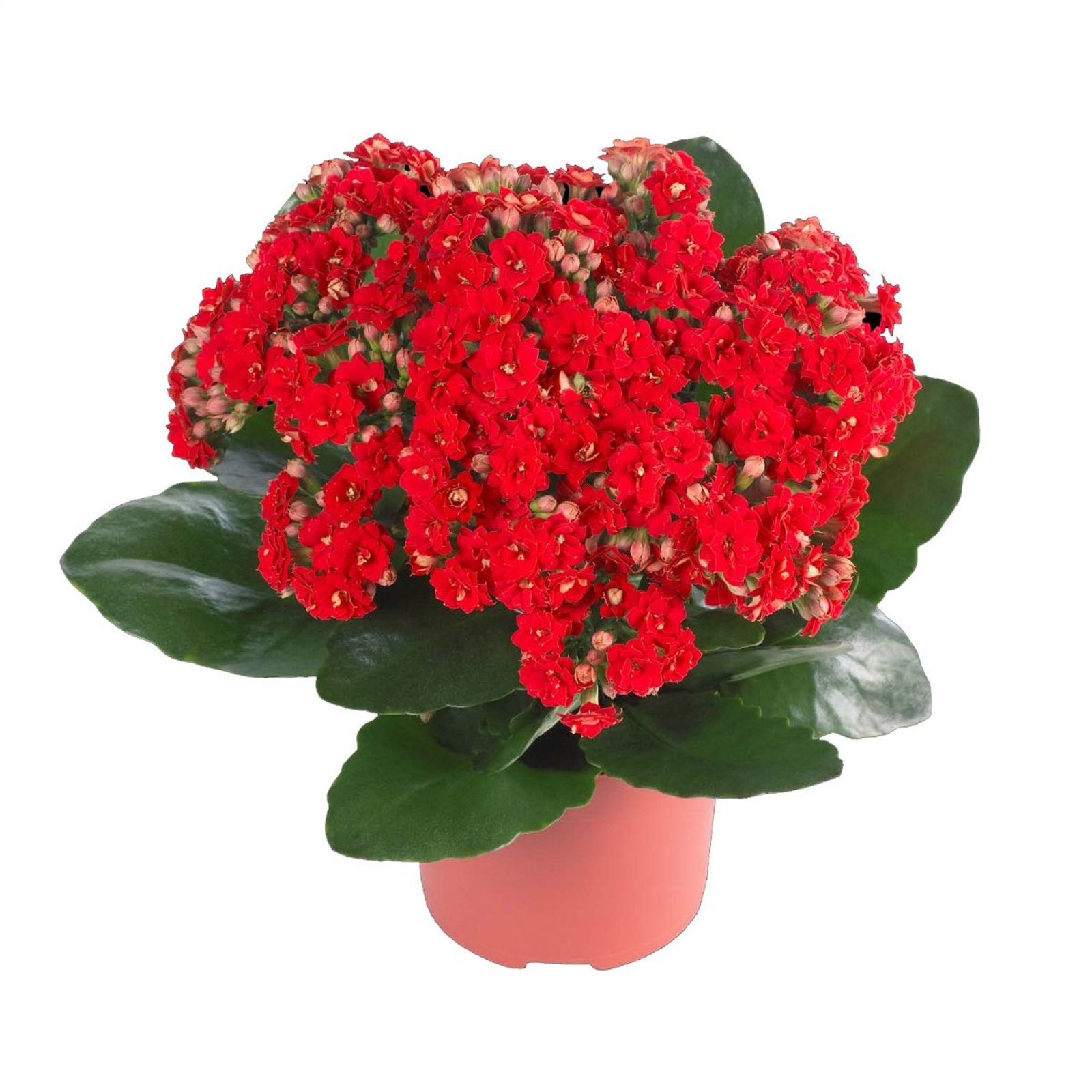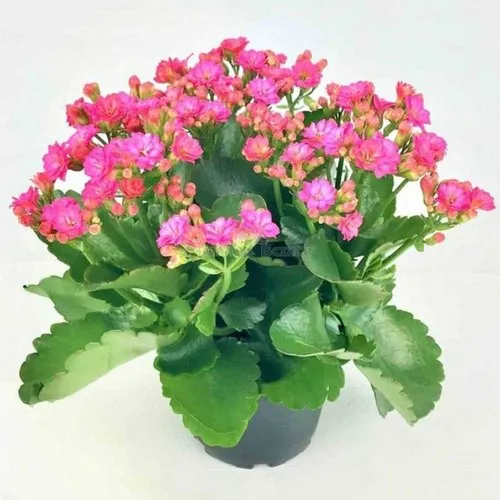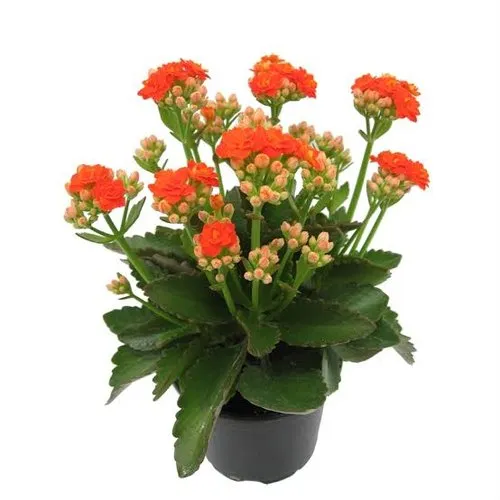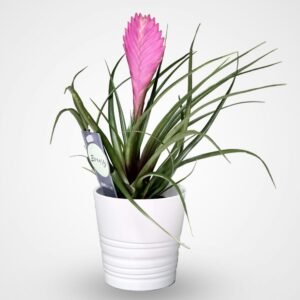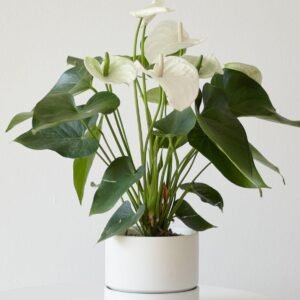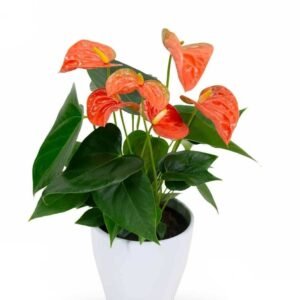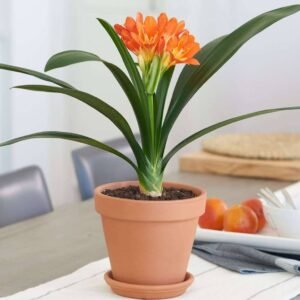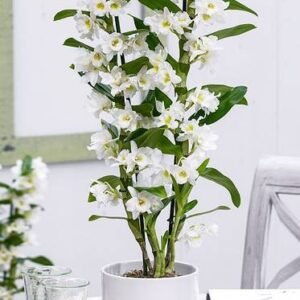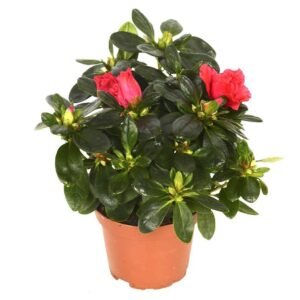| Scientific name | Kalanchoe blossfeldiana |
| Common Name | Kalanchoe, flaming Katy, Christmas kalanchoe, florist kalanchoe |
| Watering | Once per week and keep moist |
| Pests | Spider mites, mealybugs, scale and thrips |
| Pet friendliness | Toxic to pets and humans |
| Light | Bright, indirect light |
| Temperature | 18-24 °C |
| Humidity | 50-60% mist if needed |
| Pot requirement | Good drainage and repot every 1-2 years |
| Plant height | Up to 30cm |
| Potting mix | Potting soil / Red soil / Manure / Perlite |
| Nutrition | Apply manure once in fortnight and NPK in next fortnight |
| Pruning & training | Remove dead and diseased leaves with sterile shears |
| Common color & season | N/a |
| Description | Kalanchoe is a genus of about 125 species of tropical, succulent flowering plants in the family Crassulaceae, mainly native to Madagascar and tropical Africa. Kalanchoe was one of the first plants to be sent into space, sent on a resupply to the Soviet Salyut 1 space station in 1971. Kalanchoes are characterized by opening their flowers by growing new cells on the inner surface of the petals to force them outwards, and on the outside of the petals to close them. Kalanchoe flowers are divided into 4 sections with 8 stamens. These plants are cultivated as ornamental houseplants and rock or succulent garden plants. Flowering Kalanchoes are available in red, pink, yellow, or white. Because they bloom in response to the length of daylight, they can be encouraged to bloom even during the darkest days of winter. Like many succulents, these are not difficult plants to grow, providing you are careful with the water, especially in the winter. They prefer bright, sunny locations, especially during the summer growing season. Water moderately throughout the summer and reduce watering in the winter. Let the soil surface dry out between waterings, and in the winter, the plant can almost dry out – they thrive in the low humidity of winter households. Watch the fleshy leaves for signs of water distress. They prefer warmth. Do not let fall below 13 C (55 F). An ordinary potting soil mix is fine. Feed bi-weekly in the summer with a liquid fertilizer, or use slow-release pellets. |
Additional information
| Color | Red, White, Orange, Yellow, Pink |
|---|

